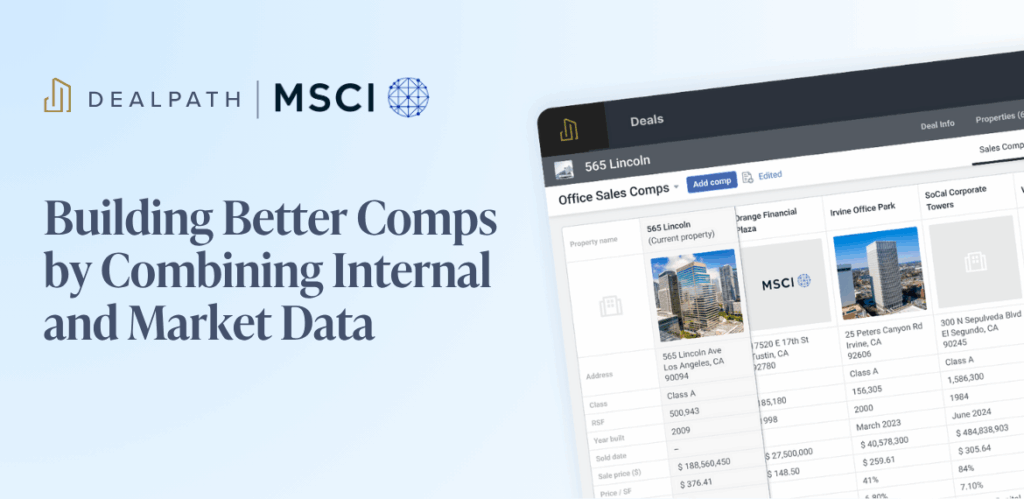The past several years have proven time and again that real estate technology is delivering material value to the largest asset class in the world. As a result, venture investment has skyrocketed, leading to impressive valuations as well as a dynamic and expansive ecosystem of purpose-built software solutions.
In 2015, real estate technology received $1.8 billion in venture investment according to monthly REtech reports. By 2017, that number grew more than tenfold to $12.6 billion, and in Q3 2018 alone it hit $4.6 billion. With global powerhouse investors like SoftBank Group leading the way, and key strategic initiatives including JLL’s $100 million PropTech fund, real estate technology has significant resources for accelerating growth into the future.
Here are five prediction for PropTech in 2019:
-
Real estate software services will (finally) be forced into an open ecosystem
Many of the industry incumbents have built their software on closed, single-stack architecture, but their customers are seeking additional, purpose-built tools to complement their existing technology. To fully leverage their data, these customers require data interoperability across a range of tools and services. Unfortunately, legacy software providers have been slow to accommodate their needs, and customer demands have been received with “coming soon” promises.
That’s why they’re beginning to utilize real estate technology stacks that integrate specialized, purpose-built tools into a network of systems that fits their distinct requirements. This new paradigm has led to the growth of third-party APIs, data standardization, and the open ecosystem of PropTech in 2019.
-
A real estate “operating system” will emerge
To date, real estate organizations have utilized a mosaic of software tools for market data, deal management, property accounting, valuations, CRMs, and fund administration. With the proliferation of new tools and integrations in an open ecosystem, the industry will need a centralized interface to manage these best-of-breed applications and handle real estate transactions from the pipeline through to portfolio management.
While the concept of a real estate “operating system” is still evolving, it’s becoming increasingly clear that an open ecosystem requires it. To justify their position in this ecosystem, software providers will need to prove their ability to integrate and deliver value in a modern real estate technology stack. A flurry of high-profile acquisitions, major private equity-backed roll-ups, and IPO announcements will shine a spotlight on this growing need.
-
Capital markets will tighten
Compared to the last couple of years, there will be a higher premium placed on risk in 2019. Capital will continue flowing with even larger total dollar amounts, but expect there to be a fewer number of transactions. Instead, there will a greater focus on the most promising late-stage opportunities, higher expectations for business progress relative to valuations, and more protective terms and covenants.
-
Technology leadership has a seat at the table
Executive leadership has recognized that they need to leverage the best technology tools and data services to continue delivering compelling risk-adjusted returns. True technology leadership will be integral toward that end, so expect them to be empowered with new directives and an increased budget. They will be depended upon for data security, system administration, and vendor procurement among other strategic initiatives. Chief Information Officers, Chief Technology Officers, and Chief Data Officers will be in high demand in 2019, and they will have a major role to play as the industry becomes increasingly tech-enabled.
-
The talent gap will narrow
With increased technology investment will come an equally large influx of talent. Real estate investment firms and PropTech companies alike will find more, higher quality talent knocking on their doors in 2019. This is a critical development since the real estate industry has struggled to attract new talent at times.
Real estate technology is in a period of dynamic maturation, and the next year will set in motion the trends that will define the industry for years to come. For PropTech in 2019, among the biggest drivers of change will be a full-fledged embrace of the “open ecosystem,” the race to become the real estate operating system, and an increased focus on technology leadership.



